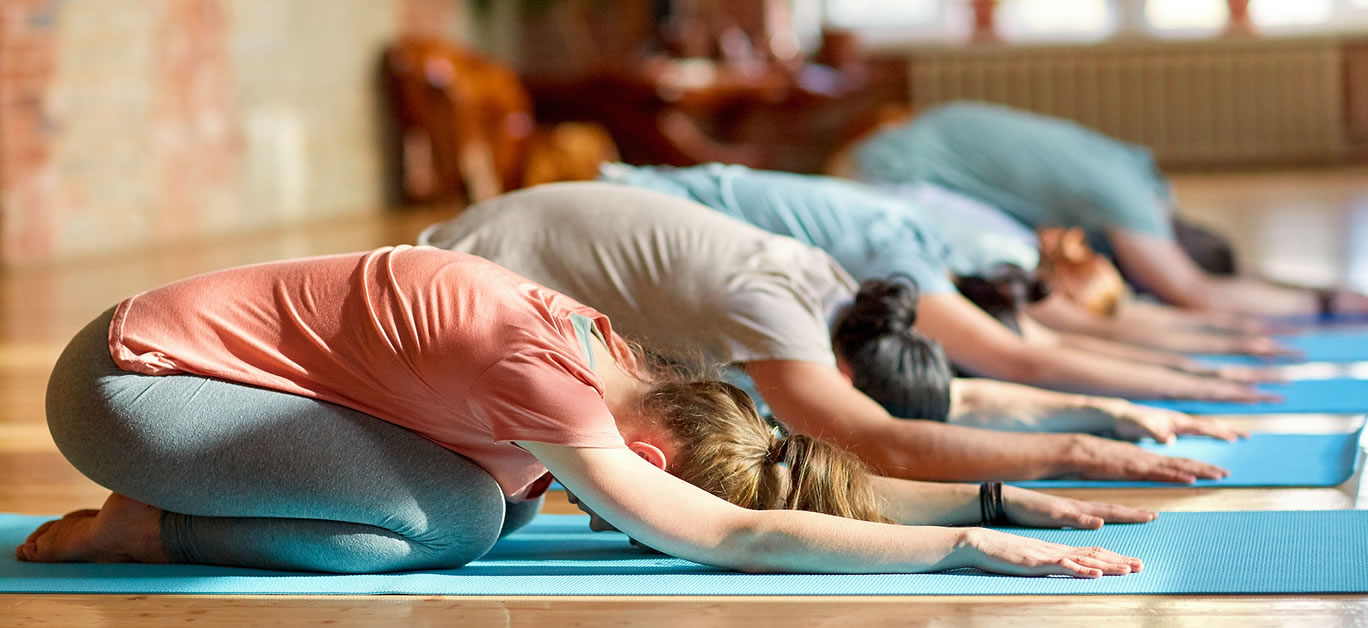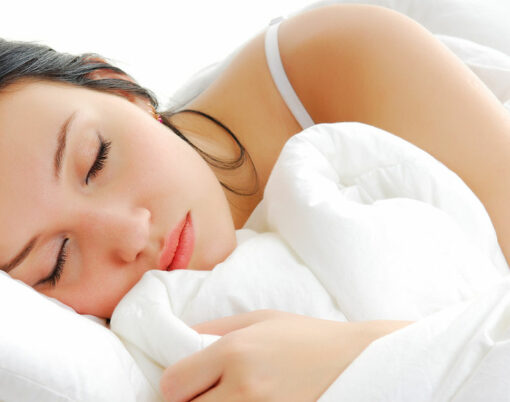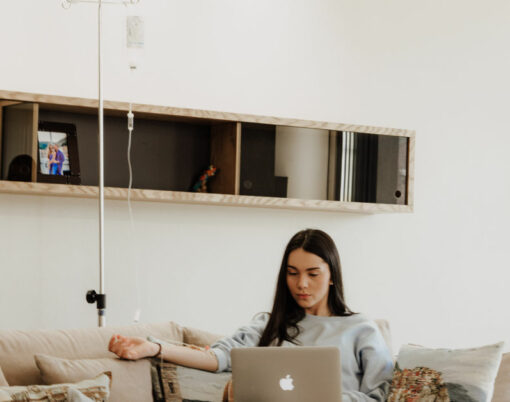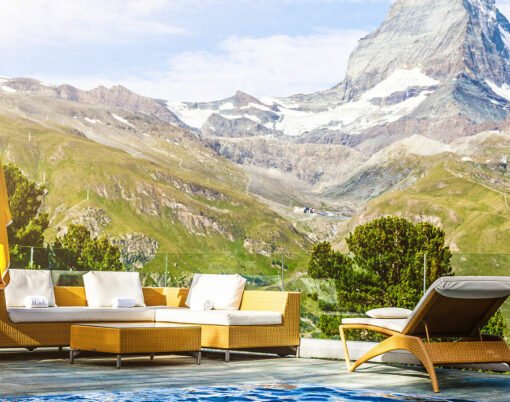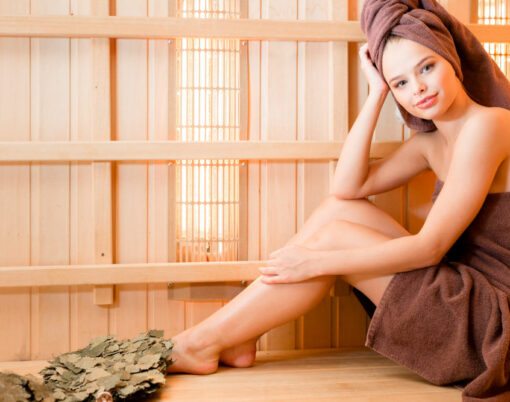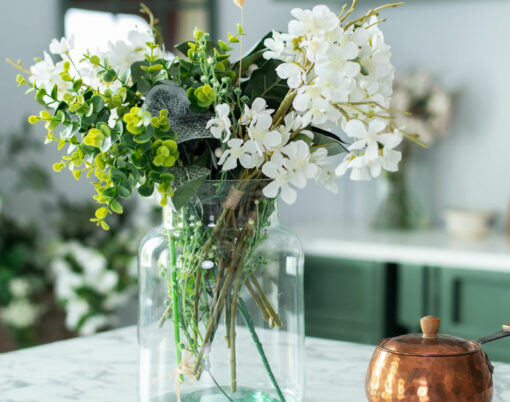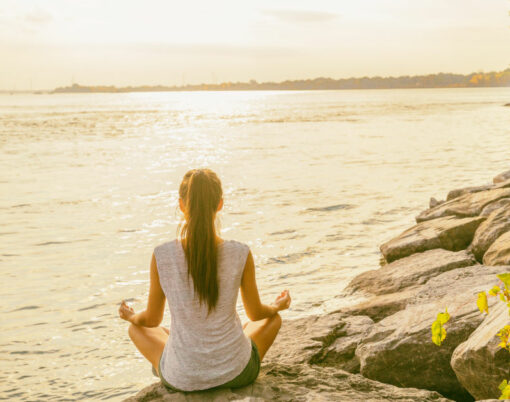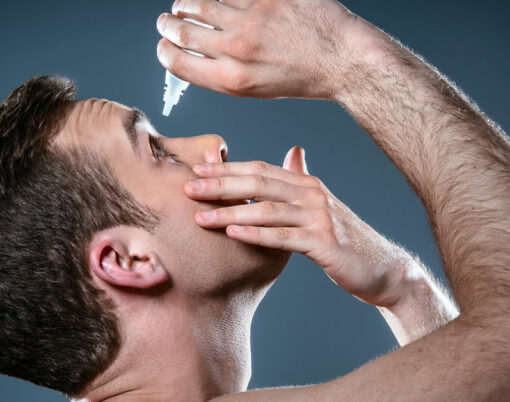As 2020 draws to a close, there’s no denying that the past twelve months have put all of us through our paces one way or another, with the ongoing stress and upheaval of the global Covid-19 pandemic understandably taking its toll on our wellbeing. Never before has it been so important to integrate self-care time into our days and to devote ourselves to all-round wellness, and as such, it’s been quite the year for the industry.
With many people spending more time at home than ever before and dealing with unexpected worries around job security, investment, finances and solvency in general – not to imagine concerns related to health – our mental health and wellbeing is thought to be at its worst ever, and ensuring that we are looking after our minds, bodies and souls is vital. And, with more people spending more time online than ever too this year, and being often restricted from going to the gym, it’s little wonder we’ve seen some new wellness trends emerge and gather momentum at an unprecedented rate.
True circadian health
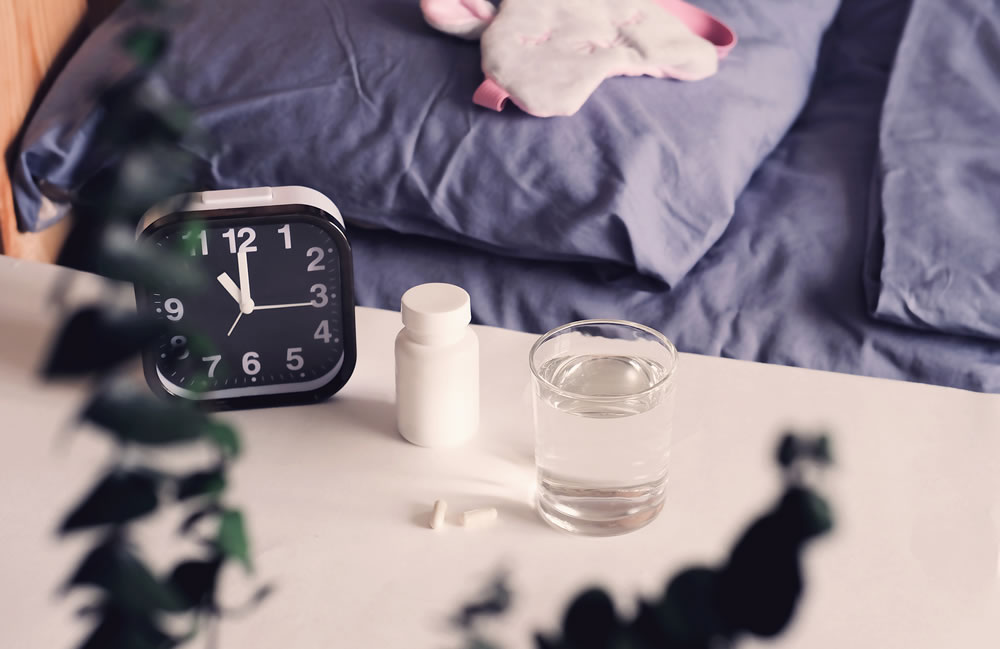
Getting a good night’s sleep is essential if we’re to be in prime condition for facing up to the challenges of the day ahead, but while recent years have seen a focus on precisely this, 2020 has been all about true circadian health. Getting some quality shut-eye depends heavily on whether or not we are keeping our circadian rhythms – which regulate our waking and sleeping hours – in check, and from circadian lighting and diets to timed light apps, it’s all happening.
While the past decade has seen smartwatches and sleep apps become essential to our daily lives, in recent years, we’ve seen more of a focus on natural sleep lotions and potions, and today it isn’t unheard of for some businesses to even offer sleep pods to their employees to allow them to take a restorative lunchtime kip. There’s no denying that we’ve created a sleep economy, which is set to exceed $585 billion by 2021 – but with all that’s on offer, we’re still not getting enough sleep.
The reason? Most of these generic solutions fail to address the basic requirements of our circadian biology, and likewise, neglect to work alongside them for optimum results. Humans have evolved to be sensitive to the 24-hour solar cycle, and we all have internal clocks that control the biological systems in our bodies – including our sleep/wake cycle.
2020 has seen more of a focus on optimising this, encouraging people to get outside and get their daily dose of blue UV light first thing in the morning to ensure they are awake and alert enough for what lies ahead – then switching off from blue light devices such as smartphones, tablets and TVs several hours before bed (complete darkness at bedtime is essential for quality shut-eye) – as well as wearing blue light glasses throughout the day.
The rise of CBD
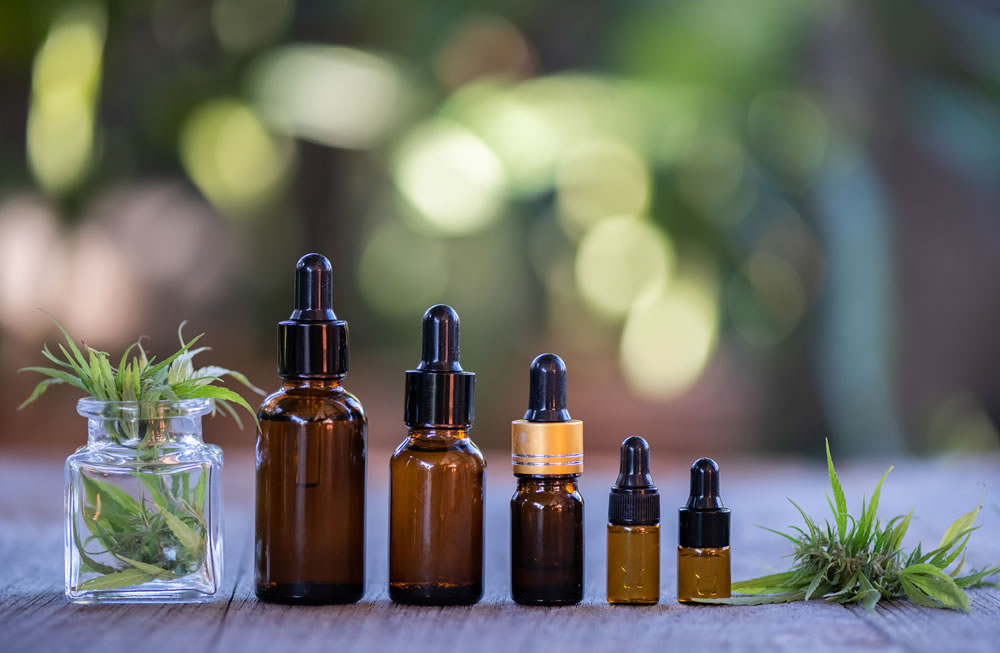
CBD has been a burgeoning trend for several years now, and shows no signs of slowing down. In 2020, it’s worth an estimated $414 million globally – and that’s set to rise to over $3 billion by 2026. This year, there has been greater demand for it than ever, with more people than ever turning to natural remedies to cope with the stress of the ongoing Covid-19 pandemic. Afraid to visit the doctor, or unable to get an appointment, this over-the-counter treatment has served as a welcome alternative for those looking for a little something to help safely calm their nerves and aid relaxation and sleep.
With access to GPs and hospitals more limited this year than ever, it’s not just conditions like anxiety and depression that are driving people to try CBD for the first time, and those in search of relief from chronic pain conditions have been increasingly turning to it, too.
And, as understanding of CBD oil grows and rumours of any psychoactive effects are continuously debunked, its popularity only continues to surge.
Mental health technology
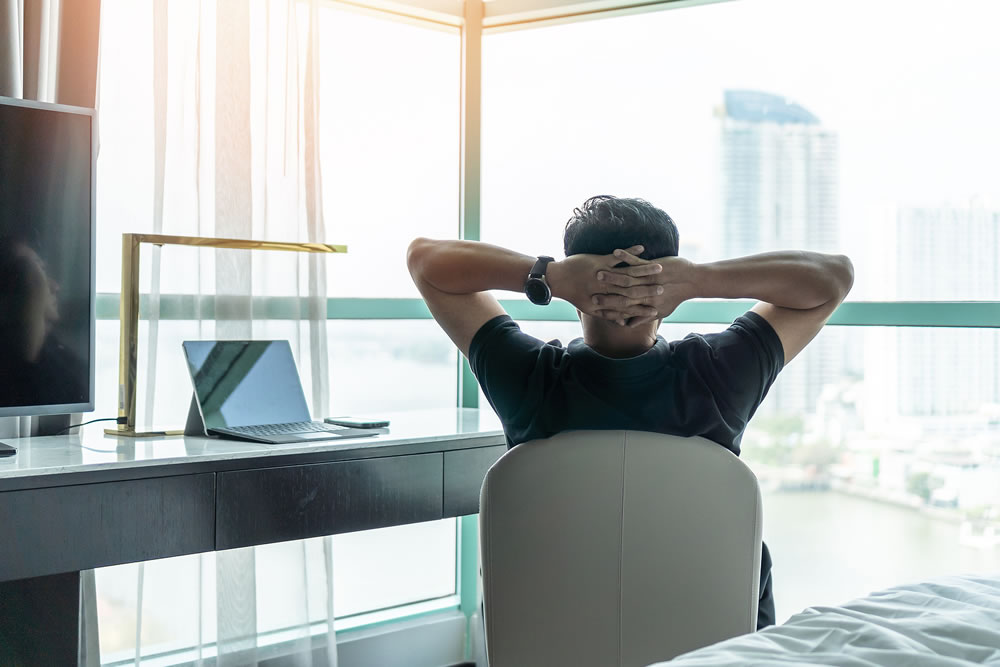
From virtual care to wearables, and chatbots to all manner of other futuristic innovations, mental health tech has gone mainstream this year. Moving far beyond the psychiatrist’s couch, digital therapeutics now offer an accessible and convenient solution during a time of ongoing restrictions and social distancing measures, and is now in people’s pockets, on their laptops and even on Facebook Messenger.
The new suite of wellness products that has emerged allows individuals dealing with issues ranging from stress and burnout to loneliness and anxiety to access a wide range of tools that take a holistic approach to boosting their wellbeing – and with mental health now less of a taboo than ever and the stigma surrounding it being slowly but surely dissolved, it’s a trend we can expect to see continue in 2021.
The World Health Organisation has estimated that 25 per cent of all people will at some point be affected by either a mental health or neurological disorder in their lifetimes, and mental health tech offers an innovative solution.
Health and wellness in all forms have taken centre-stage this year, and with good reason. It is thought that the global pandemic has had an even greater impact on mental health than it has physical health, and this year’s trends have been seeking to address this surge. With the future still looking uncertain when it comes to the pandemic, mental health and wellness support is now more important than ever – and the wellness industry has taken note.












